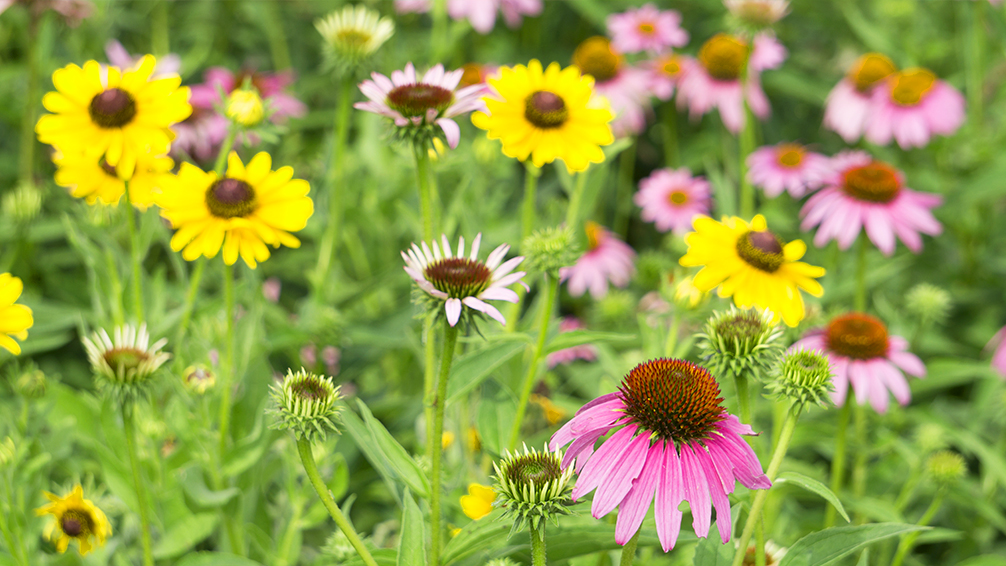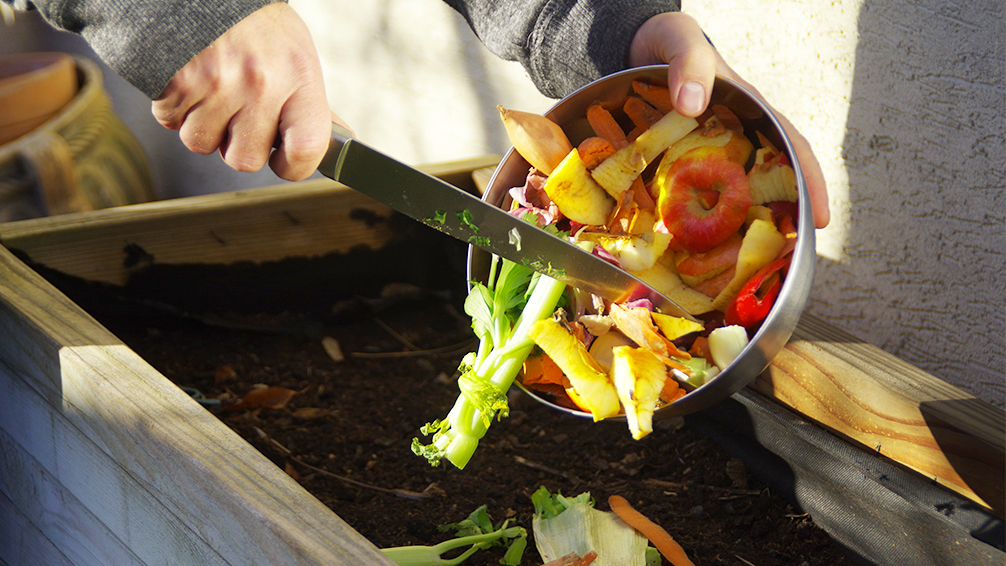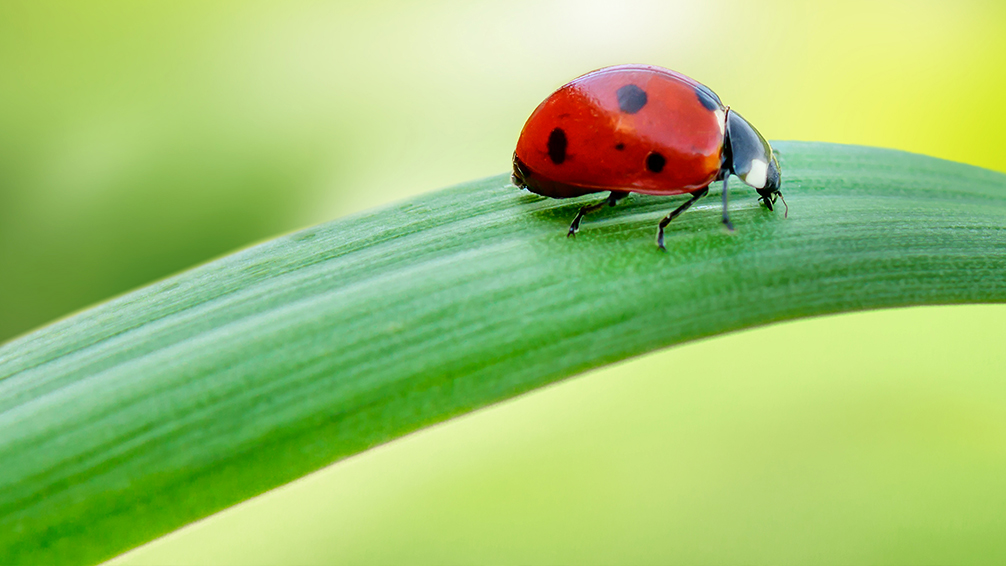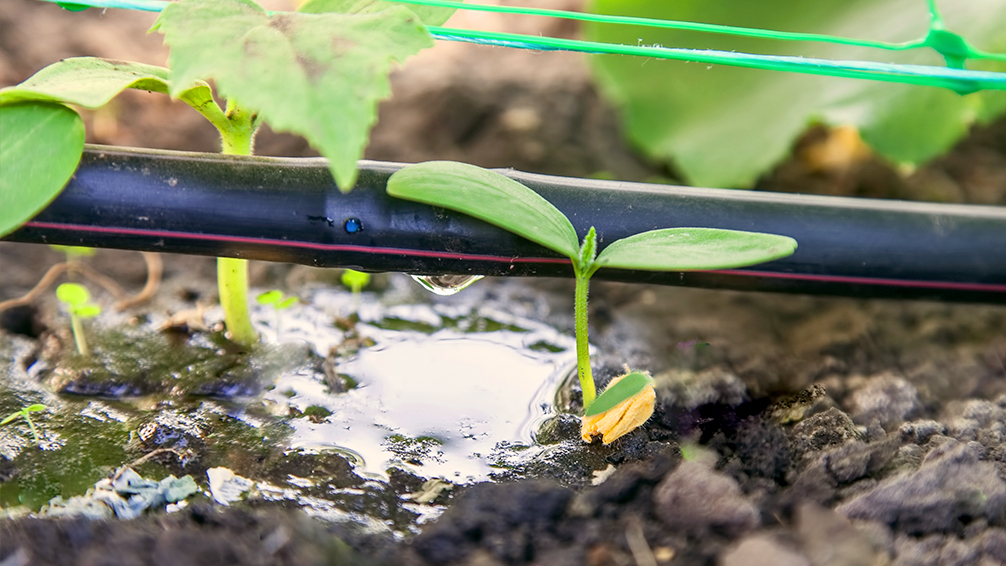
5 Easy Ways To Start Sustainable Gardening
With the current state of our world, it’s more important than ever that we look out for each other however we can. While there’s plenty we can do to keep ourselves and each other healthy, we also have a responsibility to be good stewards of our home—not just Houston, but Earth as a whole!
Collectively finding ways to help reduce our carbon footprint and contribute to a greener, cleaner earth can have a great impact, so naturally, we’ve all embraced this trending movement here at Plants for All Seasons. If you’re curious about what it takes to develop and maintain sustainable gardening methods, this sustainable gardening guide should provide you with plenty of insights on how to create a garden that’s green in every sense of the word.

Why Is Sustainable Gardening Important?
There are several reasons why adopting environmentally-friendly, sustainable gardening practices are more relevant now than ever. While the conversation around the pandemic is today’s biggest topic, in many ways we’re now starting to truly understand the unpredictable and far-reaching effects of a natural crisis.
For some time now, global discussions surrounding climate change and our impact on the earth have sparked movements to change the way we manage resources—not just on a large scale, but in small, simple ways on a day-to-day basis.
Water conservation, protecting threatened species, and reduced chemical usage are all high priorities that we can achieve through making small changes in our gardening techniques. Improper usage of pesticides has actually contributed to a major plummet in bee populations — beneficial pollinators that we really can’t live without — so finding more sustainable methods of insect and weed control can help undo that damage over time. Do you want to make the switch to more sustainable methods? Here are some easy ways you can go sustainable that actually don’t require too much effort on your end!
The 5 Best Gardening Practices For A Greener World
Small changes in our habits can make a big impact. These sustainable approaches to plant care are totally worth taking on:

Start Composting: Compost supercharges your soil with vital nutrients and beneficial bacteria, which helps your plants grow bigger and healthier — but that’s not the only reason why it’s great for the earth. By adding a compost bin to your home, you can reduce your household waste by up to 50 percent! Less unnecessary waste in landfills means fewer greenhouse gases released into the atmosphere.
Many ordinary kitchen scraps can be added to your compost bin, but not everything is compostable. Composting the wrong stuff could lead to your compost getting contaminated, so if you’re unsure of what goes in and what goes out when you’re first getting started, we recommend printing out a cheat sheet of the “dos and don’ts” of composting and sticking it on the fridge for quick reference.

Bring In Beneficial Bugs: It’s no secret that chemical pesticides have had a negative impact on the environment. Bee and butterfly populations are plummeting because most heavy-duty pesticides don’t discriminate between the good guys and the bad guys.
If you’ve got a pest problem and your plants are getting damaged, hold off on reaching for the chemicals and instead try picking up a bug box! It sounds a little wacky, but it totally works. Predatory insects like ladybugs (thankfully, the cutest and least creepy bugs ever) can be coaxed into hibernation by being refrigerated. Bring the box home, wait for it to warm up to room temperature, and then release the ladybugs into the garden. They’ll wake up super hungry and ready to munch on pesky aphids, mites, and many other common garden terrors that damage foliage. This will help maintain the natural balance of our ecosystem, with no nasty chemicals required!
Plant Native: As it turns out, growing plants that naturally occur here in Texas is one of the easiest ways to start sustainable gardening. Plants accustomed to growing on their own here don’t need nearly as much maintenance, because they’ve already adapted to our climate. By planting native, you’ll be reducing your water waste, as well as your water bill! On top of being low-maintenance and easy to care for, native plants are favorites among our pollinator friends because they’re the most recognizable. Creating a welcoming environment for pollinators is a real win-win because they get food, and we get to enjoy the sights of bees, butterflies, and even the occasional hummingbird!

Conserve Water With A Drip Irrigation System: Sprinklers can waste a lot of water, and sometimes they can end up doing more harm than good by oversaturating your lawn with moisture. Installing a drip irrigation system helps to regulate the amount of water that gets released, so your plants are perfectly hydrated, and you won’t waste any extra water. You can purchase drip irrigation systems that range from simple and no-frills, to state-of-the-art luxury models, but if you enjoy working on DIY projects, there are several tutorials online for how to make your own sustainable irrigation system.
Strategic, Sustainable Home Garden Design: A little pre-planning goes a long way when it comes to design — winging it may be easy in the beginning, but unexpected challenges can arise later. When planning your backyard layout, think critically about what gets planted where. Plants with similar needs should be planted together, so your extra-thirsty water-guzzlers should be clustered together, separate from your drought-tolerant plants. Plants that need lots of sun should go in a spot that gets several hours of direct sunlight, and the ones that like shade should be planted in the less sunny areas. By making sure your plants’ basic needs are being met, you won’t need to intervene as much with extra water and other products.
Container gardening using upcycled materials is another great sustainable initiative. Cracked bowls, old crates, and any other old junk that would otherwise end up in the trash can be freshened up with a coat of paint, filled with soil and flowers, and added into the yard. You’d be surprised by how cute the finished product can be!

Sustainable gardening can do so much good for the earth, and there’s really not a great deal of extra effort required — heck, sometimes it can even make things easier! If you’d like to begin sustainable gardening and have some questions, or would you’d to pick up some organic, chemical-free products to improve your environmental impact, contact us at Plants for All Seasons, and we’ll help you get started!
